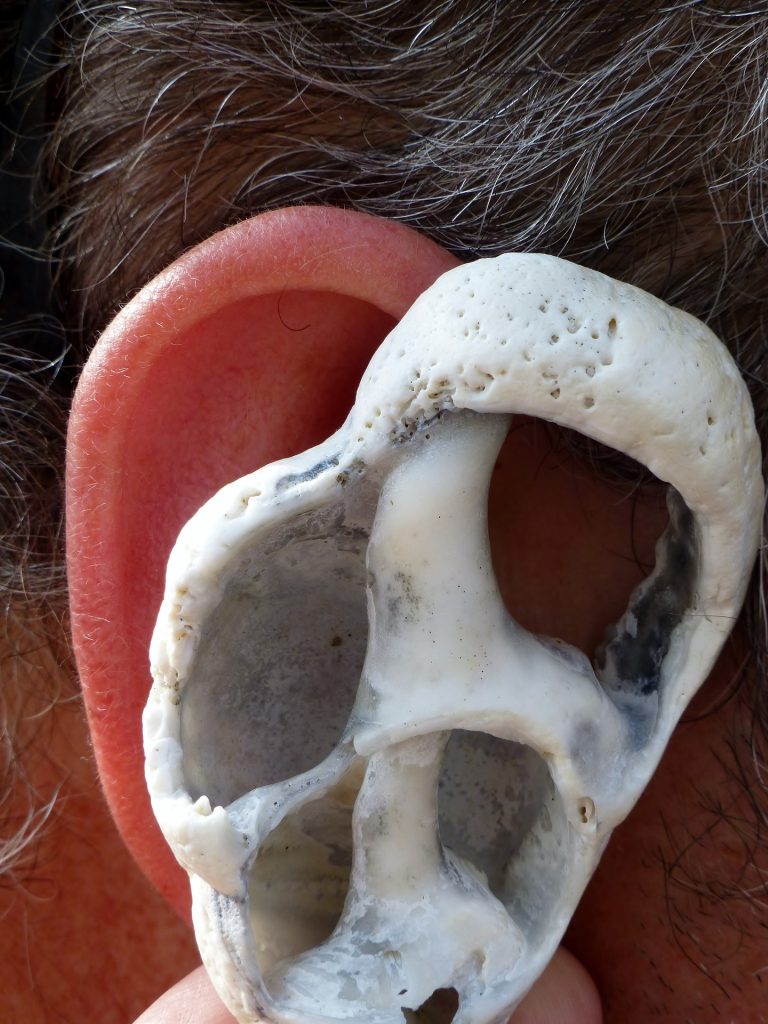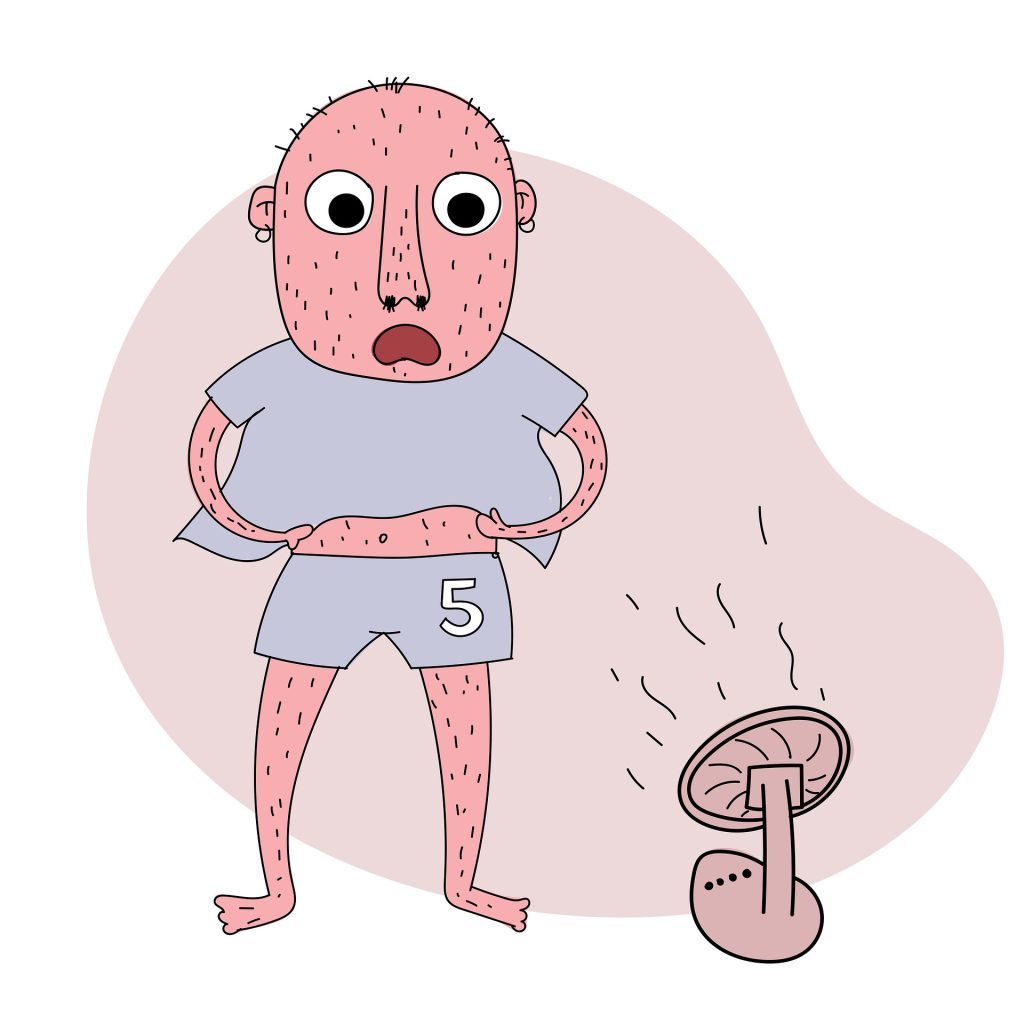
Motion sickness is a common phenomenon that affects individuals when there is a discrepancy between visual perception and the body’s sense of motion. Whether traveling by car, plane, boat, or even amusement park rides, many people have experienced the discomfort and unease associated with motion sickness. The quality of travel and recreational experiences could be significantly impacted by this condition. In this article, we will delve into the causes, symptoms, and various remedies for motion sickness, shedding light on this intriguing and sometimes perplexing aspect of human physiology.

Causes of Motion Sickness
To comprehend motion sickness, it’s crucial to understand its underlying causes. The primary trigger is a sensory conflict between the visual and vestibular systems. The vestibular system, located in the inner ear, is responsible for maintaining balance and spatial orientation. When the visual input suggests movement, such as when reading in a moving vehicle or watching a fast-paced movie, while the vestibular system signals a lack of motion, the brain becomes confused, leading to symptoms of motion sickness.
Additionally, certain factors can exacerbate the likelihood of experiencing motion sickness. Individual susceptibility varies, but common contributors include a person’s age, genetic predisposition, and previous experiences with motion sickness. The report suggest that women are more susceptible than men, and younger individuals, particularly children, may be more prone to motion sickness due to the ongoing development of their sensory systems.

Symptoms of Motion Sickness
Motion sickness manifests through a range of symptoms that can significantly impact an individual’s well-being during travel. Nausea is one of the most prevalent symptoms, accompanied by dizziness, sweating, and a general feeling of discomfort. Pallor and increased salivation might also experienced by some individuals. The severity of symptoms can vary, with some people only feeling mildly queasy, while others may endure more intense and prolonged discomfort.
Beyond the physical symptoms, mental well-being could also affected by motion sickness. Anxiety and irritability often accompany the physical sensations, creating a holistic experience of unease. In extreme cases, vomiting can be resulted due to motion sickness, further exacerbating the distress and making the overall experience more challenging for the affected individual.

Remedies for Motion Sickness
Several strategies and remedies can help alleviate or prevent motion sickness, making travel and activities more enjoyable for those susceptible to this condition.
- Visual Focus and Distraction Techniques:
Encouraging individuals to focus on a fixed point in the distance, such as the horizon, can help align visual and vestibular input, reducing the sensory conflict that leads to motion sickness. Engaging in activities like listening to music or audiobooks, which do not require intense visual concentration, can also divert attention and mitigate symptoms. - Proper Seating Position:
A significant difference could be made by choosing an optimal seating position. In a car, sitting in the front seat and looking straight ahead can be less disorienting than sitting in the back seat. On a boat, positioning oneself where the motion is minimized, such as in the center, can help reduce the impact on the vestibular system. - Medications:
For individuals with severe motion sickness, relief can be provided by medications such as antihistamines or scopolamine patches. These medications work by suppressing signals from the vestibular system, helping to prevent or reduce symptoms. It’s crucial to consult with a healthcare professional before using any medication to ensure its safety and appropriateness. - Acupressure and Ginger:
Some people find relief through alternative methods, such as acupressure wristbands or the consumption of ginger. Acupressure wristbands apply pressure to specific points on the wrist, believed to alleviate nausea. Ginger, whether consumed in the form of capsules, tea, or ginger candies, has demonstrated anti-nausea properties and is considered a natural remedy for motion sickness.
Conclusion
Motion sickness is a complex interplay between the visual and vestibular systems, impacting individuals across various modes of transportation and recreational activities. Understanding the causes, recognizing the symptoms, and employing effective remedies can help individuals manage or even prevent motion sickness, allowing for more enjoyable and comfortable experiences. As research in this field continues, new insights may lead to innovative approaches for addressing motion sickness and improving the overall well-being of those affected by this common condition.







